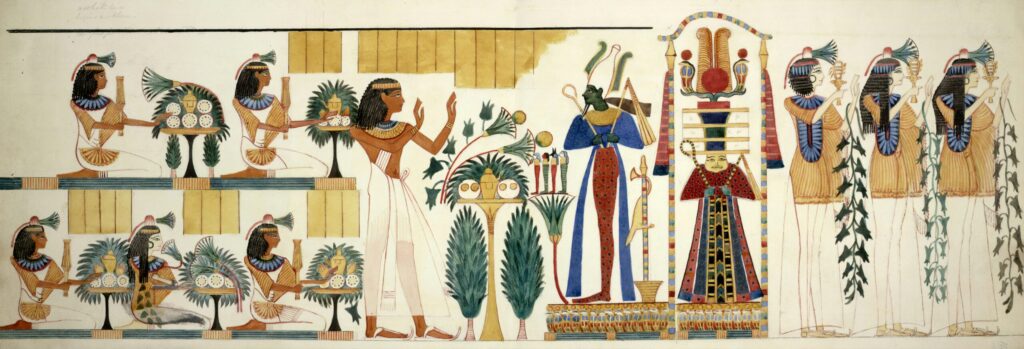Egypt, a land synonymous with ancient civilisation and profound cultural heritage, holds an unparalleled legacy of knowledge and learning. From the Great Library of Alexandria to the meticulous craftsmanship of the pyramids, the country’s history speaks of a time when education and innovation flourished.
Today, while Egypt grapples with the complexities of modern education, the connection between learning and heritage offers an inspiring pathway to revitalise its system and foster national pride among its youth.
The modern Egyptian education system faces a range of challenges, including overcrowded classrooms, limited resources, and a gap between theoretical knowledge and practical application. These issues are exacerbated by a curriculum that often prioritises rote memorisation over critical thinking and creativity.
However, Egypt’s unique cultural heritage presents an opportunity to reimagine education as a bridge between the past and the future.
Integrating Egypt’s rich history into the education system can do more than just instil national pride; it can create a more engaging and meaningful learning experience.
When students explore the mathematical precision behind the pyramids, the engineering marvels of ancient temples, or the astronomical knowledge of their ancestors, they gain more than historical facts. They begin to see themselves as part of a legacy of innovation and resilience, inspiring a sense of responsibility to carry this heritage forward.
Beyond the classroom, heritage education can play a pivotal role in fostering social cohesion. Egypt’s diverse history reflects the contributions of various cultures and religions, from Pharaonic to Greco-Roman, Coptic, and Islamic periods. Teaching this shared history can promote mutual understanding and unity in a society that continues to face divisions.
Incorporating heritage into education also has economic implications. Egypt’s tourism industry, a vital sector of the economy, relies on preserving and promoting the country’s historical sites. By educating young people about the significance of these treasures, the education system can cultivate a generation of conservationists, archaeologists, and cultural ambassadors equipped to protect and promote this legacy.
Efforts are already underway to link education with heritage. Projects such as museum visits for schoolchildren and heritage-themed competitions are fostering a deeper appreciation of the past. However, more needs to be done to integrate these efforts into the national curriculum and ensure that all learners, regardless of location or socio-economic status, can access this unique approach to education.
Egypt’s future lies in its ability to embrace both its ancient wisdom and the demands of a modern, knowledge-based economy. By weaving heritage into the fabric of education, the country can inspire a generation that is not only proud of its past but also prepared to innovate for the future.
Education, when rooted in identity and culture, becomes a powerful tool for transformation, reminding young Egyptians that they are heirs to a tradition of greatness—and that they hold the key to writing the next chapter of their nation’s history.


